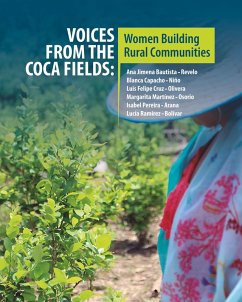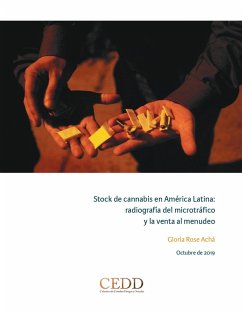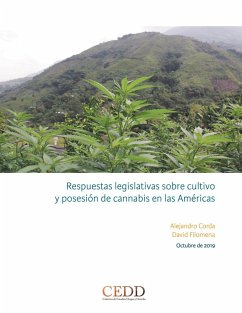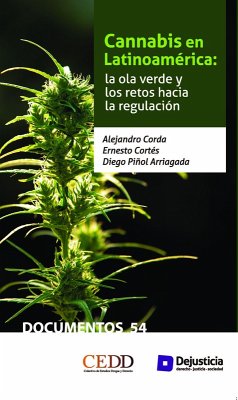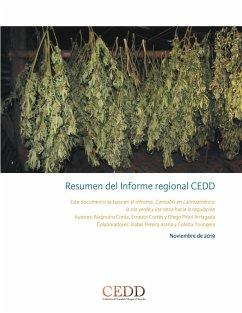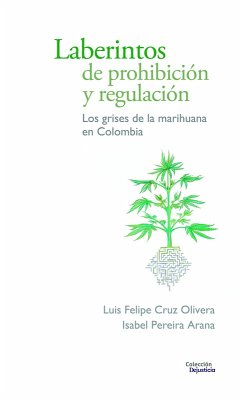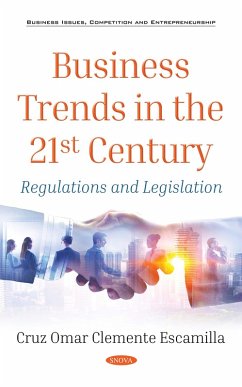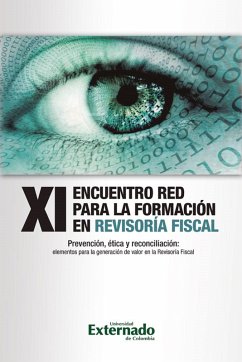
Fiscal Policy in the Regulation of Adult-Use Cannabis in Colombia (eBook, PDF)

PAYBACK Punkte
0 °P sammeln!
The debate about regulating cannabis for adult use is on the public agenda. In our view, the best policy on marijuana that a State can develop is the regulation of its cultivation, manufacture and use, focused on reducing marijuana's comparative impact in illegal economies and drug trafficking networks; protecting public health; promoting rural development in prioritized areas; and promoting reparation measures financed with the resources arising from regulation. Drugs are not the devil, but nor are they child's play. A drug policy that would be respectful of human rights and safeguard public ...
The debate about regulating cannabis for adult use is on the public agenda. In our view, the best policy on marijuana that a State can develop is the regulation of its cultivation, manufacture and use, focused on reducing marijuana's comparative impact in illegal economies and drug trafficking networks; protecting public health; promoting rural development in prioritized areas; and promoting reparation measures financed with the resources arising from regulation. Drugs are not the devil, but nor are they child's play. A drug policy that would be respectful of human rights and safeguard public health must lie at an intermediate point between full liberalization and the prohibition currently in place. In this document, based on a comparative analysis of the regulations issued in Uruguay, Canada and the United States and by applying the Principles and Guidelines for Human Rights in Fiscal Policy, we argue for the importance of a fiscal framework based on collecting taxes in the cannabis market and focused on mobilizing the maximum amount of available resources to finance the goals of reducing the illegal market, preserving public health and assisting the populations affected by drug policy, as set forth in the cannabis regulations.
Dieser Download kann aus rechtlichen Gründen nur mit Rechnungsadresse in A, B, BG, CY, CZ, D, DK, EW, E, FIN, F, GR, H, IRL, I, LT, L, LR, M, NL, PL, P, R, S, SLO, SK ausgeliefert werden.




